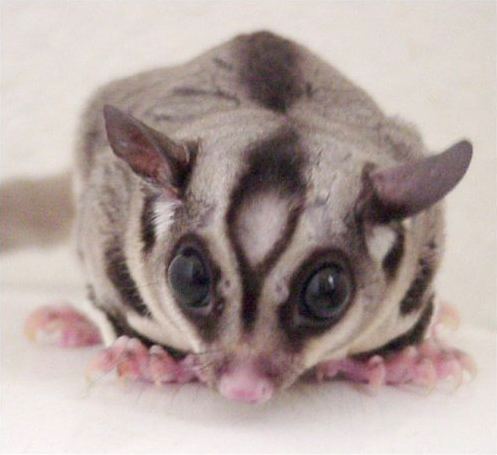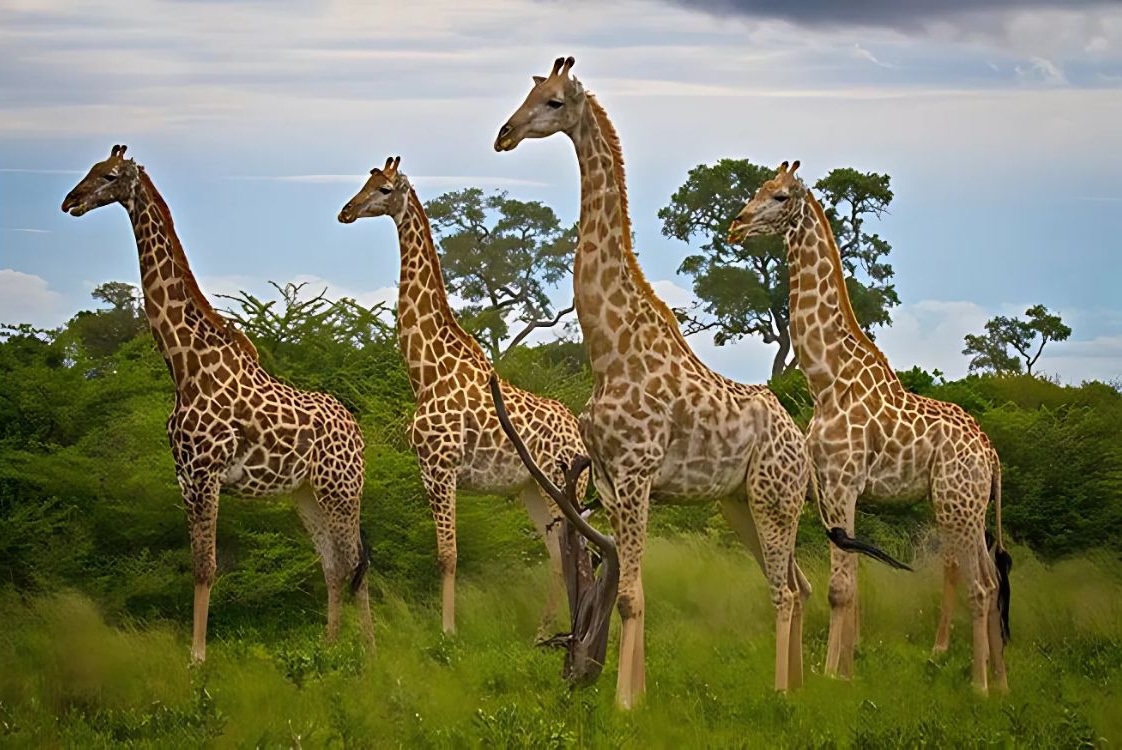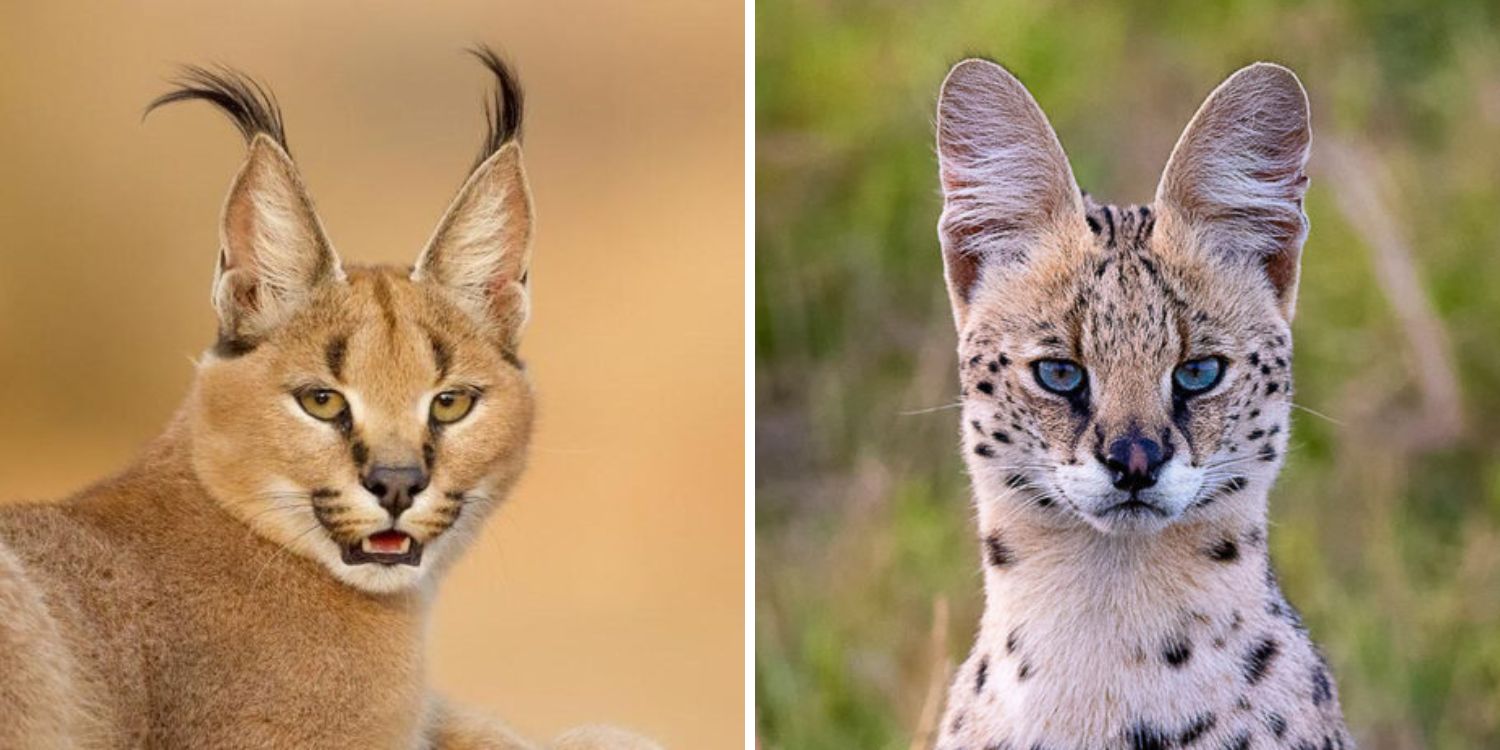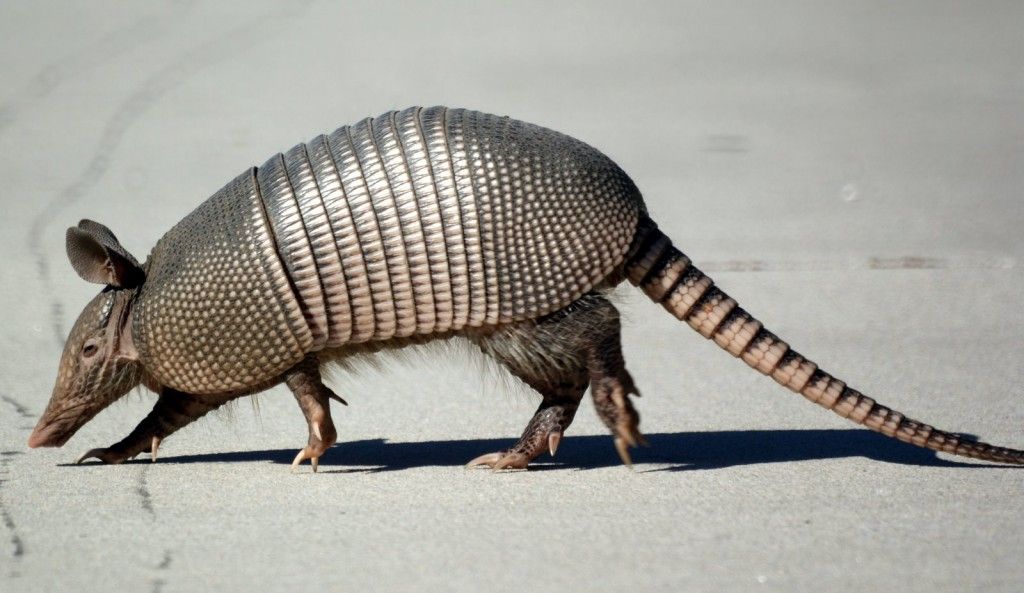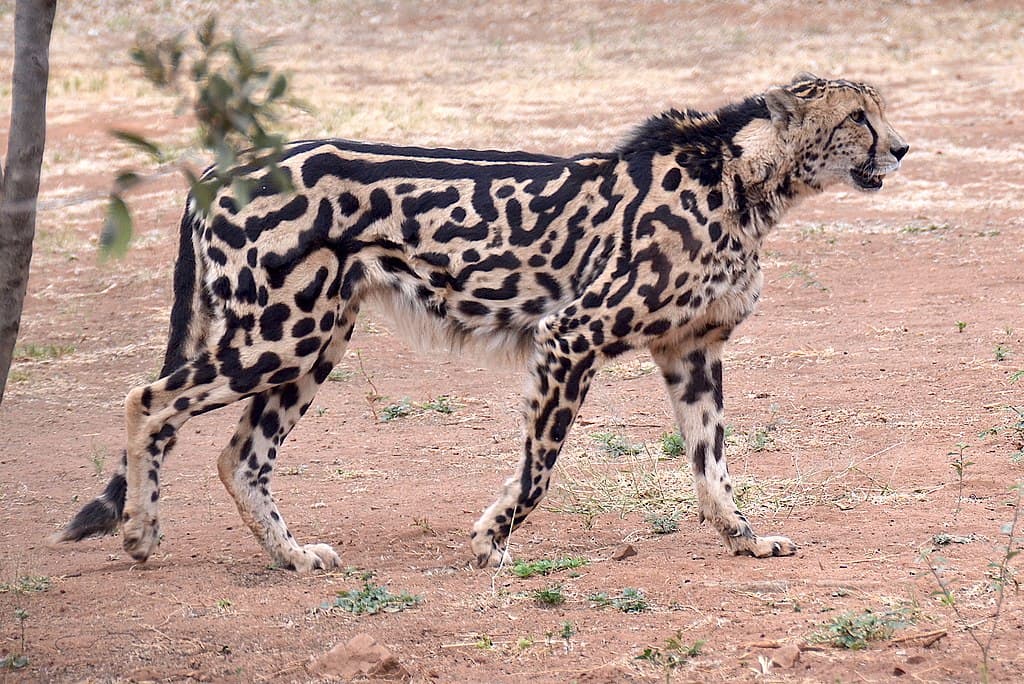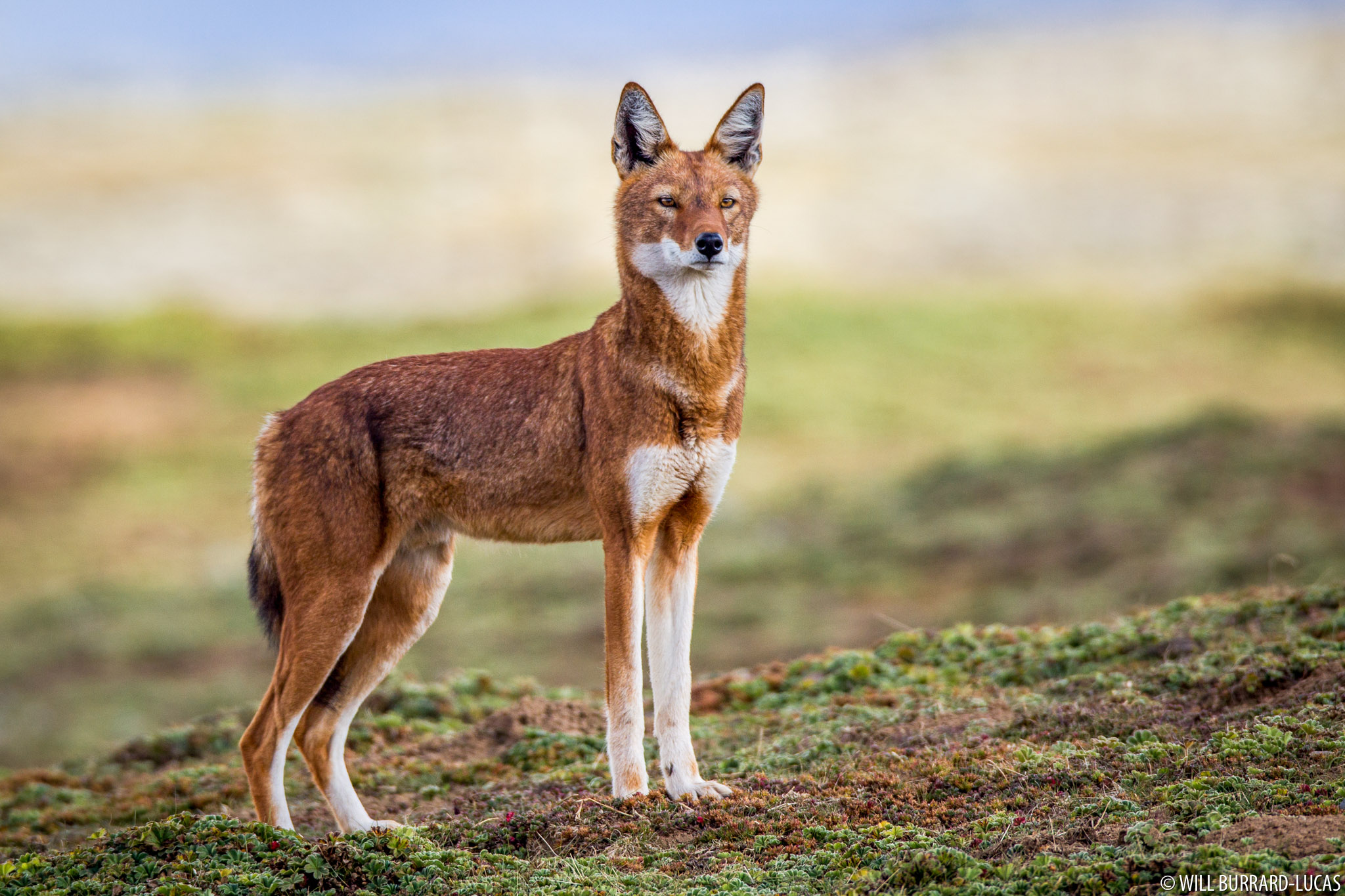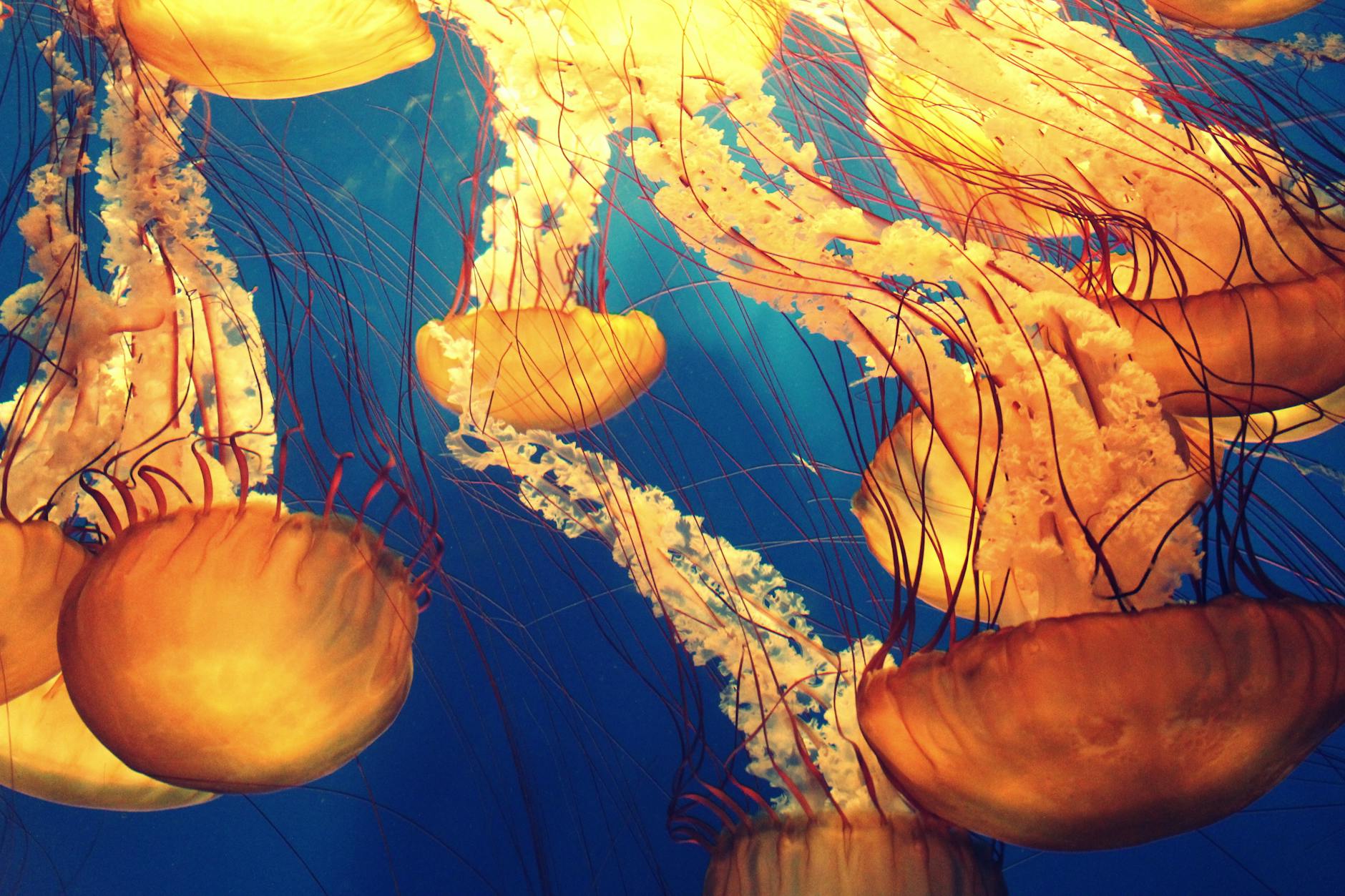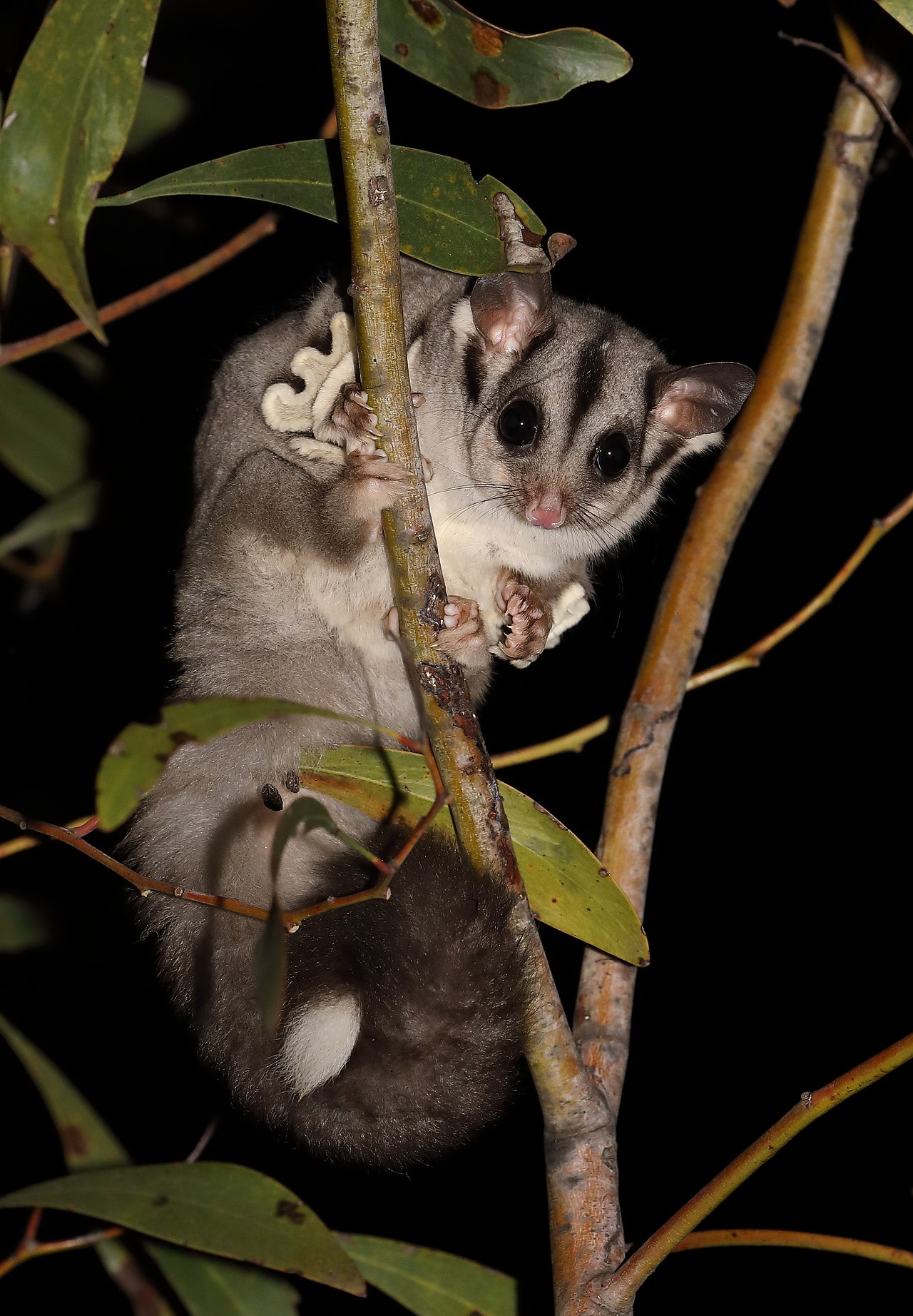
Sugar gliders can be captivating pets with their playful personalities and big eyes. However, they are not ideal pets for everyone due to their specific needs and potential challenges. Here’s a breakdown to help you decide if a sugar glider is the right pet for you:
Sugar Gliders as Pets: Pros and Cons
Pros:
- Playful and Intelligent: Sugar gliders are energetic and enjoy interacting with their owners through play and bonding activities. They can learn tricks and form strong attachments to their caregivers.
- Social Creatures: Sugar gliders are highly social animals and thrive in pairs or small groups. This means you’ll need to get at least two, not just one.
Cons:
- Nocturnal: Sugar gliders are active at night, which can be disruptive if you’re a light sleeper. Their nighttime vocalizations may also disturb you.
- High Maintenance Care: They require a spacious enclosure with climbing structures and opportunities for exercise. Their diet is complex and needs to be carefully balanced with fruits, vegetables, insects, and a special sugar glider supplement.
- Long Lifespan: Sugar gliders can live for 12-15 years, so be prepared for a long-term commitment.
- Specialized Veterinary Care: Finding a vet experienced with sugar gliders can be challenging, and their specific needs may require specialized care.
- Potential Behavioral Issues: If not properly socialized and handled, sugar gliders can become stressed, anxious, or even bite. They can also exhibit destructive chewing behaviors.
- Ethical Concerns: Sugar gliders are wild animals, and some people argue that keeping them in captivity does not meet their natural needs.
What Exactly Is a Sugar Glider:
The sugar glider (Petaurus breviceps) is a small, omnivorous, arboreal, and nocturnal gliding possum. The common name refers to its predilection for sugary foods such as sap and nectar and its ability to glide through the air, much like a flying squirrel. The sugar glider is now known to occur only in eastern Australia on the coastal side of the Great Dividing Range.
Sugar gliders are marsupials (pouched mammals). The sugar glider’s scientific name, Petaurus breviceps, means ‘short-headed rope dancer.’
Before Getting a Sugar Glider:
- Research extensively: Learn about their care requirements, behavior, and potential challenges.
- Consider your lifestyle: Can you accommodate their nocturnal schedule and provide a large enclosure with enrichment?
- Check local regulations: Some areas have restrictions on owning sugar gliders.
Alternatives to Consider:
If the challenges of owning a sugar glider seem daunting, you might consider other small pets that might be a better fit for your lifestyle:
- Pet rats: Rats are intelligent, social, and relatively low-maintenance compared to sugar gliders.
- Hedgehogs: These spiny creatures are becoming increasingly popular pets. They are solitary and require less handling than sugar gliders.
- Parakeets or other small birds: Birds can be very interactive and provide companionship with their chirps and songs.
Ultimately, the decision of whether or not to get a sugar glider is up to you. By carefully considering their needs and your ability to provide proper care, you can make an informed choice.
